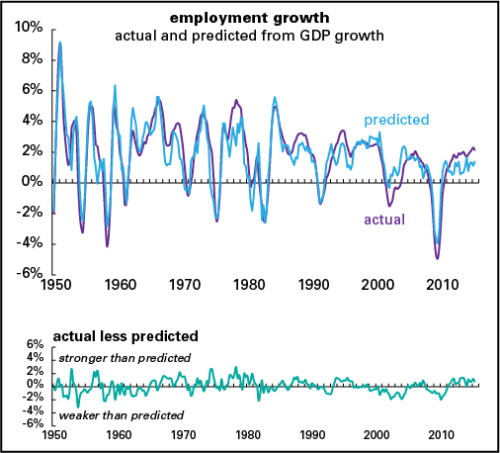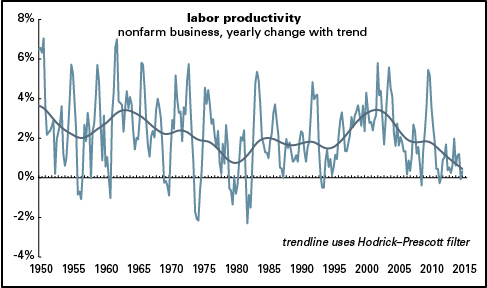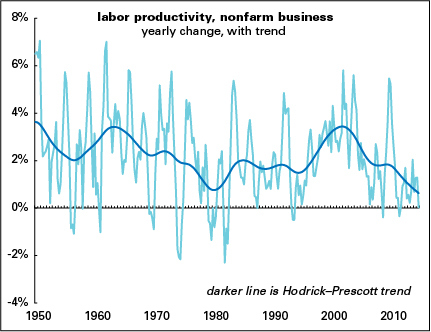[Guest post by Adolph Reed, in response to Kristen McQueary’s column in the Chicago Tribune on how Chicago could use a Hurricane Katrina.]
Kristen McQueary’s attempt to walk back from her scurrilous column of last Thursday extolling the wonderful changes that the devastation of Katrina brought to New Orleans is basically an unpology—and an even more empty, uninformed word salad than the original. The issue isn’t what she was feeling when she wrote what she wrote; it’s what she wrote.
The initial column was wrong on basic, yet important particulars. New Orleanians did not “overthrow a corrupt government.” They actually re-elected Mayor Nagin, who then served his complete second term. He did not and could not by charter seek a third term. Mitch Landrieu did not replace him. Public housing did not get rebuilt; projects were demolished at the moment of the city’s greatest shortage of affordable housing to make way for upscale redevelopment and thereby further intensify that shortage.
I don’t know what governments she believes were consolidated, but the “slashed budget, forced unpaid furloughs, cut positions, detonated labor contracts” all actually began under Nagin. More to the point, however, what world does McQueary live in such that she imagines that those moves, which necessarily meant slashed public services and redoubled economic hardship for those workers and their families already reeling from the dislocation and loss associated with the flood of the city, sound like such cool ideas, even accomplishments? Sprinkling in empty references to “leaner and more efficient” tells us nothing; they’re only croutons in the standard free-market word salad.
And what notion of democratic government does she operate with such that Paul Vallas’s having been freed from “restrictive mandates from the city or the state” seems like something to be applauded? He may have “created the nation’s first free-market education system” (can someone pass the salad dressing?), but, if McQueary could imagine doing the most superficial research instead of merely exuberantly rehearsing press releases, she’d have learned that that system has not, even by the the education “reformers’” very dubious metric of standardized testing, improved educational performance overall and certainly has undermined educational quality for many students in the city. And what notion of education does she operate with such that teachers are not only least competent to organize conducting it but are somehow its enemies, though a random “entrepreneur” with no expertise is the one — actually The One — to whom that vital public service should be entrusted? God help us if McQueary starts thinking about how to organize the fire department.
There is much more that is wrong-headed and shallow about McQueary’s perspective. Considering Chicago, for instance, for all her recitation of the babble associated with the pose of tough-minded fiscal probity, it’s interesting that she never bothers to consider where the budget crisis came from, whose actions—and which actions—produced it, including the role of the City’s years of dereliction in not making its mandated pension payments or, on the other side of the ledger, the billions of dollars of revenue foregone for corporate tax giveaways and other forms of corporate welfare. It’s clear that McQueary can’t imagine herself as falling among the ranks of those who could wind up on the wrong side of the retrenchment that she airily touts with such blithe detachment, as though it were all a version of “Game of Thrones.”
I could go on, but I’ll conclude by saying that I certainly understand how anyone with connections to New Orleans and the devastating impact of that travesty wrought by decades of bad government would be appalled and outraged by her flippant statements like “Hurricane Katrina gave a great American city a rebirth.” I understand so well because I’m one of those people. But one doesn’t have to have that personal connection to recognize the truly breathtaking, perhaps clinical, lack of capacity for empathy with strangers that such statements undeniably reveal. The problem is not that one might think that she “would be gunning for actual death and destruction” but that what she is “gunning for” in wanting in effect to destroy the public interest by marketizing it is a society in which such “death and destruction” would become normal life.
The greatest irony of her original stupid article and the backtracking unapology is that she can’t recognize that it’s precisely the sort of arrangements she enthusiastically touts as the utopian possibilities opened by the horrors of Katrina that created that disaster in the first place. She’s right; it was man-made, but, if she were a little less smugly shallow and ideological, she might have asked how it was man-made. It was the product of decades of the sorts of policies, pursued at every level from Orleans Parish to the White House and by corporate Democrats as well as Republicans, she rhapsodizes about—privatization, retrenchment, corporate welfare paid for by cutting vital public services and pasting the moves over with fairy tales about “efficiency” and “lean management” and “doing more with less” and hoping to avoid the day of reckoning.
So, I’ll give this much to McQueary; she’s right that Katrina has a lesson for us. It’s a lesson about what happens when you follow the sorts of destructive approaches to public policy that McQueary shills for.





